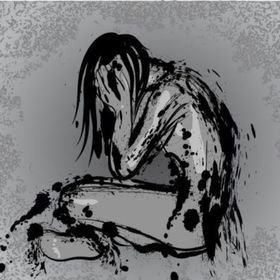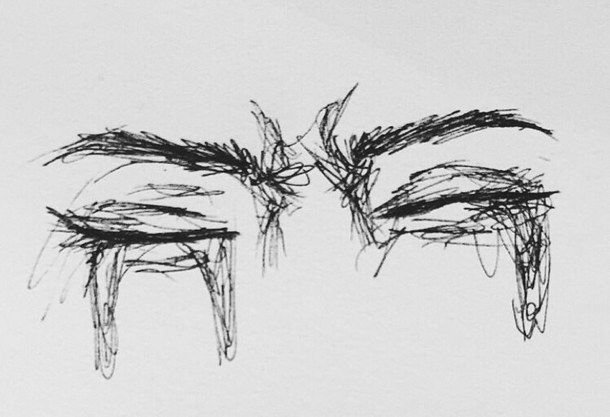
¿Por qué debemos perdonarnos a nosotros mismos y a los demás?
Porque el perdón, aunque sea muy pesado y difícil para el alma, nos ayuda a liberar los restos del pasado. Es un proceso de resolución y liberación.
Si actualmente estamos llenos de opresión, rabia y tristeza, significa que los viejos archivos siguen abiertos, significa que seguimos atrapados allí.
Cuando los momentos importantes de nuestra vida escapan a nuestra atención, significa que estamos obstaculizados y paralizados en el logro de nuestras metas y nuestro futuro.
El perdón es el comienzo de la curación.
Si el pasado es lo suficientemente doloroso, seamos plenamente conscientes de las historias desde el comienzo del dolor hasta ahora, revisemos nuestras vidas con imaginación tranquila como si estuviéramos viendo una historia que no tiene nada que ver con nosotros, observemos con la conciencia de un espectador sin juzgar.
Apoyemos a los héroes que nos han hecho daño, mirémoslos a los ojos, sonriamos, perdónelos, estrechemos su mano con amor.
Pregúntese, ¿qué lecciones aprendimos de esta experiencia?
¿Cómo esta experiencia iluminó las zonas oscuras de nuestra psique? ¿Y eliminó capas de falsedad?
¿Qué nuevas creencias hemos formado?
¿Quiénes éramos antes y después de esta experiencia?
Este método se llama Legoterapia
Replantear el pasado de una manera diferente, investigar los sentimientos que se filtran y rastrear el proceso de su surgimiento. Por ejemplo, pregúntate cuándo sentiste por primera vez una injusticia? ¿Cuándo sentiste por primera vez que tu confianza en ti mismo se tambaleaba?
De esta manera nos sentimos en control, replanteamos el pasado y le damos un nuevo significado. Sacamos conclusiones seguras, aprendemos lecciones y nos damos cuenta de los regalos ocultos detrás del trauma.
Aquí nuestro pasado se transforma de una maldición en una bendición porque somos plenamente conscientes del proceso de investigación, salvación y familiaridad con los sentimientos y traumas que luego llegan al resultado final.
Una lectura diferente, desde una lente completamente clara sin distraerse con el juicio y los sentimientos de inferioridad.
Finalmente cerramos con la frase; nos perdonamos a nosotros mismos.

Why should we forgive ourselves and others?
Because forgiveness, although very heavy and difficult for the soul, helps us release the remnants of the past. It is a process of resolution and liberation.
If we are currently filled with oppression, anger and sadness, it means that the old files are still open, it means that we are still trapped there.
When important moments in our lives escape our attention, it means we are hampered and paralyzed in achieving our goals and future.
Forgiveness is the beginning of healing.
If the past is painful enough, be fully aware of the stories from the beginning of the pain until now, review our lives with calm imagination as if we were watching a story that has nothing to do with us, watch with the awareness of a spectator without judgment.
Support the heroes who have hurt you, look them in the eye, smile, forgive them, shake their hand with love.
Ask yourself, what lessons did we learn from this experience?
How did this experience illuminate the dark areas of our psyche? And remove layers of falsehood?
What new beliefs have we formed?
Who were we before and after this experience?
This method is called Legotherapy
Reframe the past in a different way, investigate the feelings that leak out and trace the process of their emergence. For example, ask yourself when did you first feel injustice? When did you first feel your self-confidence shaken?
In this way we feel in control, we reframe the past and add new meaning to it. We draw confident conclusions, learn lessons and realize the hidden gifts behind the trauma.
Here our past is transformed from a curse into a blessing because we are fully aware of the process of investigation, salvation and familiarity with feelings and traumas that then arrive at the final result.
A different reading, from a completely clear lens without being distracted by judgment and feelings of inferiority.
Finally we close with the sentence; we forgive ourselves.